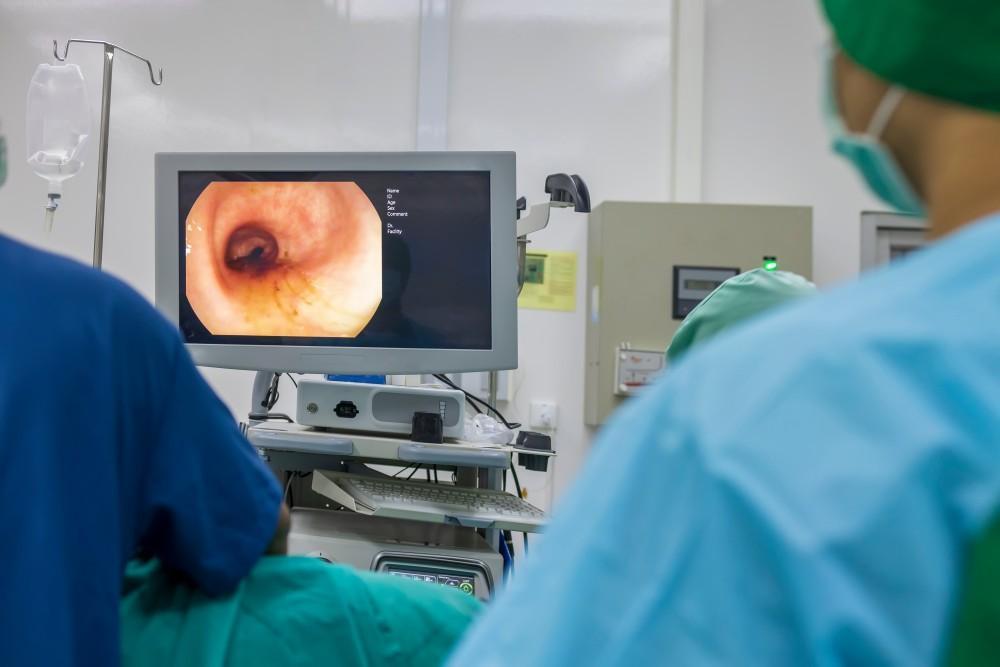
When to Seek Professional Help for Constipation

Normal bowel movements vary widely by individual. Some people, especially if they eat a lot of vegetables and other fibrous foods, may have a bowel movement three times a day. Others may not need to evacuate their bowels more than a few times a week.
When you consistently have trouble passing stool or can’t pass it at all, you’re constipated. Approximately four million women and men in the United States suffer from frequent constipation.
Our colorectal experts at Colon and Rectal Surgeons of Greater Hartford recommend lifestyle adjustments as a first-line treatment for constipation. However, if constipation persists, you may need medical care at our Bloomfield, South Windsor, or Plainville, Connecticut, clinic.
Do you have constipation? Following are instances when you should seek professional help.
Lifestyle changes don’t help
In most cases, constipation is caused by a lack of fiber in your diet and insufficient hydration. If you’re prone to constipation, first modify your lifestyle with the following steps:
- Eat more fresh fruits and vegetables
- Drink more water and healthy liquids
- Cut down on cheese and milk
- Add in more whole grains
- Exercise more
- Develop good sleep hygiene
- Practice relaxation techniques
- Don’t ignore the urge to “go”
- Add stool softeners or fiber to your diet
If these modifications don’t help you become more regular, contact us for an evaluation. It could even be that some of the medications you take or other factors in your life contribute to constipation.
Also, resist the urge to self-medicate with laxatives until you see us for an evaluation. Constipation could be a sign of a more serious problem that needs attention.
You have fewer than three bowel movements per week
You’re considered to have chronic constipation if you evacuate your bowels fewer than three times per week. Bowel movements are a way to pass toxins out of the body. However, being constipated doesn’t increase your risk of infections unless you have a wound or fissure in your colon.
Constipation does increase your risk for other problems, though, which is why you should seek medical care to help your stool become softer and move more regularly. Complications of constipation include:
- Hemorrhoids
- Anal fissures
- Diverticulitis
- Fecal impaction
- Damaged pelvic floor muscles
Constipation can even affect your bladder, leading to urinary incontinence. Contact us if you don’t have at least three bowel movements per week.
You’re in pain or discomfort
Even though you may find it difficult to talk about bowel movements and constipation, you shouldn’t suffer in silence. Our team has decades of experience treating and relieving constipation so that you can feel comfortable again. Contact us if you experience:
- Painful or difficult bowel movements
- Needing to use your fingers or hands to move stool
- Abdominal pain
- Fatigue and sluggishness
- Bloating
Constipation could be a sign of an underlying medical condition that needs to be addressed. At our offices, we take a complete medical history, conduct a physical exam, and also order imaging studies to determine why you’re constipated. Depending on the answers these tests give us, we then customize a treatment plan to help you become regular again.
Don’t accept constipation as a fact of life or aging: Contact our team at Colon and Rectal Surgeons of Greater Hartford if you’re constipated and in pain or discomfort today. Call us at 860-242-8591, or schedule your appointment online.
You Might Also Enjoy...


How a Colonoscopy Can Save Your Life

4 Signs You May Have Pilonidal Disease

Start the New Year Fresh with a Colonoscopy

5 Tips for Managing Your Crohn's Disease During the Holidays


